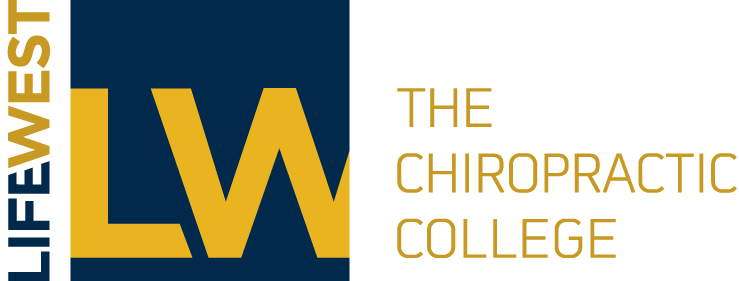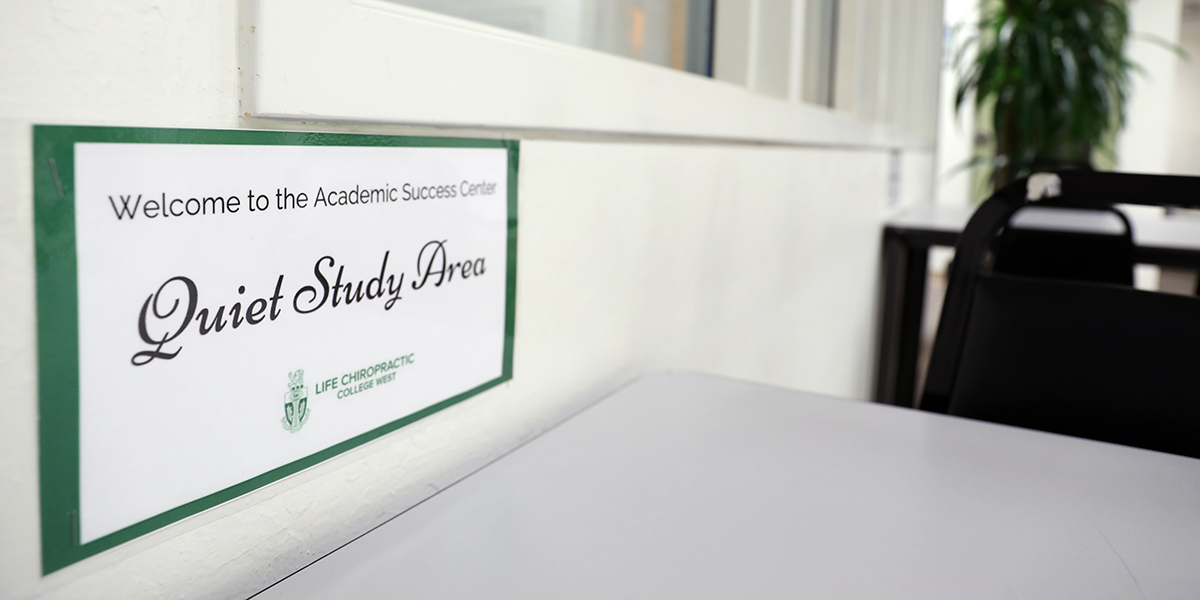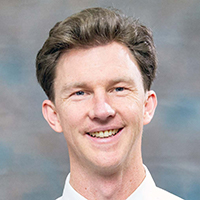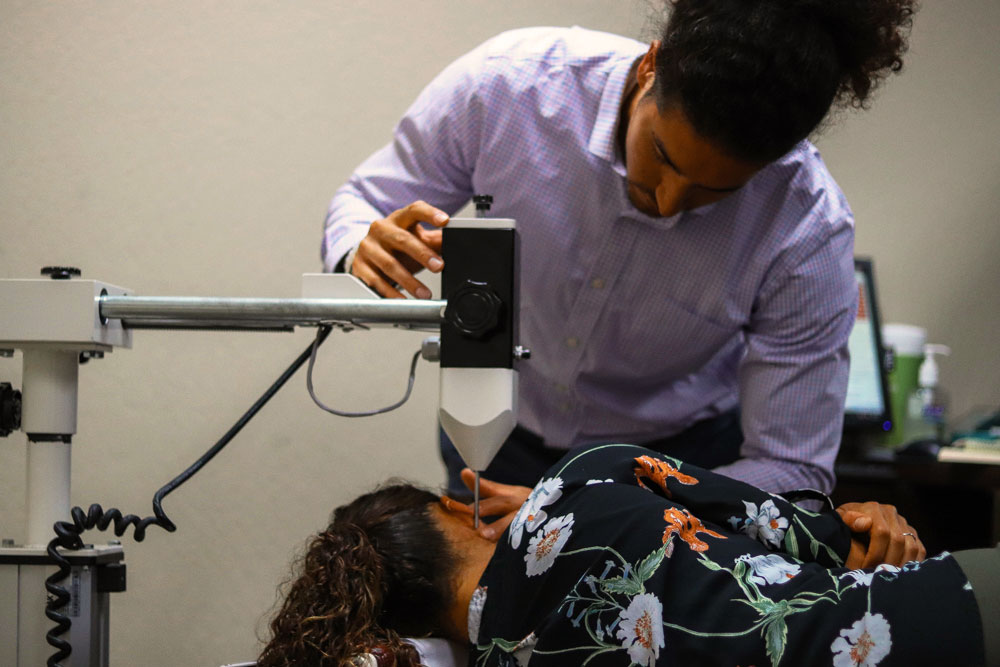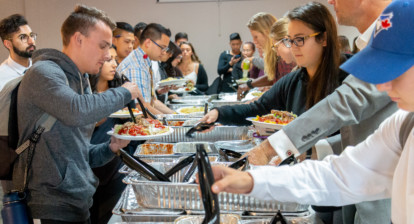This post appeared originally on the Chiropractic Economics magazine website. It has been reprinted with permission from the author.
The things I wish I knew before I got my license
WHEN YOU LOOK BACK AT ALL THE EXAMS, the long days, and the friendships that came and went during chiropractic school, you will either reflect on how it prepared you for life after school, or how it didn’t.
Perhaps you were highly motivated during school and received advice while shadowing doctors, interviewing them and going to all the workshops you could afford. Perhaps you did the bare minimum to get through school. Either way, everything changes once you get your license.
Maybe you are the student with a clear vision from day one on what your practice or dream job may look like. I was the former. I interviewed more than 100 doctors for my YouTube channel, DC2Be Revolution. I felt prepared. I thought I knew what to expect. I was wrong.
This may not be your story, but these are the things I wish I knew when I graduated from Life Chiropractic College West in the San Francisco Bay area and got my license. This advice is relevant if you plan on finding a job as an associate. This is about what to do once you are a doctor and are working in an office.
Find a flow
How you practice as a professional will be different from how you chose to practice while still a student in school. The flow that you had in school will change.
Develop a flow, a system, a process by which you assess a patient, document what you are doing and provide care. School will provide you with an experience of what this looks and feels like, but you may choose to do something completely different once you get your license. Develop a baseline flow that incorporates the pieces you feel are the most important.
Continue to refine this process and reflect on what is working and what is not working in your first year in practice, until you have a system that works for you and your patients.
Listen and leverage strengths
Everyone has things they are good at when they graduate. You may be tempted to focus on what you didn’t learn or what you aren’t good at when you graduate and start to practice professionally. Instead, listen to feedback from your patients about what they really like about you and leverage those strengths. For example, I had a previous career as a massage therapist, so many of my patients will comment on my soft tissue skills. This is one of my strengths and separates me from other chiropractors. Now I incorporate soft tissue into my treatment plan.
Communicate with authenticity
You’ve heard it a thousand times inside school and outside of chiropractic school because it is true: There is no substitute for excellent communication.
Find analogies that work for you. Find ways of communicating what you are doing each step of the way. Find ways of asking for consent. Find ways to explain difficult subjects, like a poor response to treatment. It is easy to get lazy with your communication and to assume a patient knows what you know or to assume they understand why you are doing what you are doing.
Don’t assume anything, and communicate everything.
Prospecting, not marketing
Even if you are working as an associate, you will still be responsible for finding patients. This is often considered the most difficult part of practice.
When finding new patients, remember that there is a difference between prospecting and marketing. Marketingis making sure people know you exist. Prospecting is getting in front of the same person or the same group of people enough times that you eventually find gold. In prospecting, you are digging a deep hole to find gold. In marketing, you are digging a bunch of holes trying to find gold.
Prospecting will serve you better than marketing. Focus on the relationships and businesses you really want to be a part of.
Forget everything you think you know
Nothing can adequately prepare you for what it will actually be like in practice — no amount of interviews, shadowing or working in an office. Why? Because when it comes down to it, no one can teach you how to be in a room with a patient. No one can prepare you for all the things the patient will say and do. The best preparation is to have an open mind and to forget everything you think you know so you can arrive at each visit with a fresh perspective.
As a student, you will have more resources available than at any other time in your career to help you prepare for practice. Use those resources wisely so you will be as prepared as you can be for life after chiropractic school.
Noah Volz, DC, is a recent graduate of Life Chiropractic College West and now practices in the San Francisco Bay area. Find him at proactivesf.com or join the DC2Be Revolution Mentorship.

